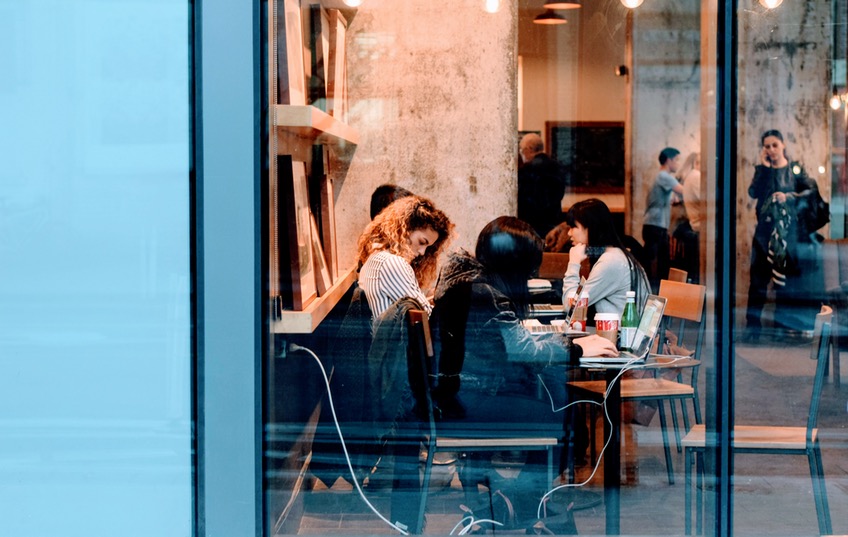Learning a language takes time, dedication and resources so students will always want to be sure that they have chosen a language that really suits their purpose. The Museum of Knowledge is often asked which are the priority languages to learn and why and our answer is simple. Students first need to define why their desire to learn a language. If they are likely to be travelling on business widely to English-speaking countries, then of course taking an English language course is essential.
It may also be the case that a language learner may reside in an English seeking country but spend much of his/ her time negotiating with overseas suppliers for which having alternative language skills may be useful. The Museum of Knowledge focuses on eight key business languages, English, Spanish, French, Mandarin Chinese, Portuguese, Dutch, Italian and German. Language learners are therefore encouraged to choose a language of focus depending on their personal needs, aims and objectives.




